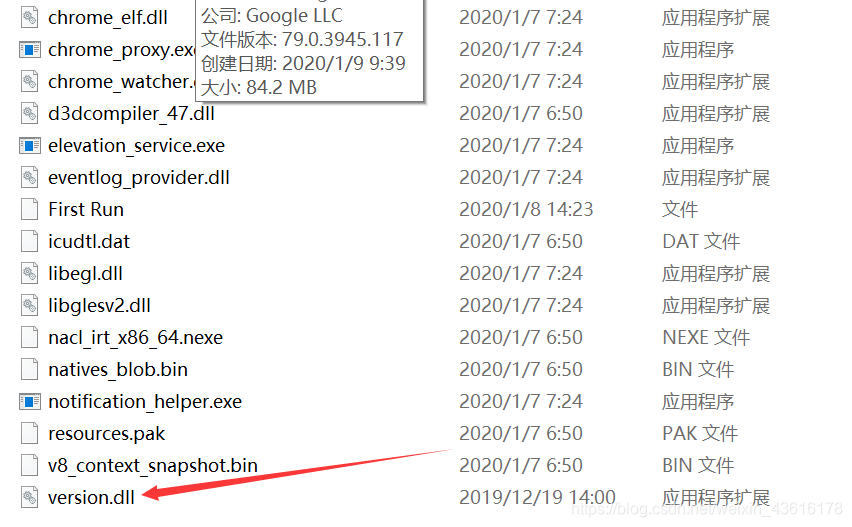c++20 jthread
jthread是c++20所支持的新的线程类型,jthread = joinable thread, 即可以自动join的线程。我们知道在c++11之后,c++标准库开始支持多线程编程,那么thread和jthread之间有何区别,本文将进行重点讲解。
c++11 thread
c++11中thread对象如果在销毁之前处于可join的状态,却没有join的话,将会引发一个异常, 例如下面的例子:
#include <iostream>
#include <thread>int main(){std::cout << std::endl;std::cout << std::boolalpha;std::thread thr{[]{ std::cout << "Joinable std::thread" << std::endl; }};std::cout << "thr.joinable(): " << thr.joinable() << std::endl;std::cout << std::endl;}
点击在线运行
在effective modern c++的37条曾经提到过,使std::thread在所有路径最后都不可结合。而这样的需求就很容易让人想起RAII。
class ThreadRAII {
public:enum class DtorAction { join, detach }; //enum class的信息见条款10ThreadRAII(std::thread&& t, DtorAction a) //析构函数中对t实行a动作: action(a), t(std::move(t)) {}~ThreadRAII(){ //可结合性测试见下if (t.joinable()) {if (action == DtorAction::join) {t.join();} else {t.detach();}}}std::thread& get() { return t; } //见下private:DtorAction action;std::thread t;
};这样看起来似乎万事大吉,但是也是有弊端的。effective modern c++ Item39表明了使用ThreadRAII来保证在std::thread的析构时执行join有时不仅可能导致程序表现异常,还可能导致程序挂起,例如下面的例子,thread析构时,程序陷入死锁状态。
#include <iostream>
#include <thread>
#include <future>std::promise<void> p;class ThreadRAII {
public:enum class DtorAction { join, detach }; //enum class的信息见条款10ThreadRAII(std::thread&& t, DtorAction a) //析构函数中对t实行a动作: action(a), t(std::move(t)) {}~ThreadRAII(){std::cout << "call ~ThreadRAII" << std::endl;//可结合性测试见下if (t.joinable()) {if (action == DtorAction::join) {t.join();} else {t.detach();}}}std::thread& get() { return t; } //见下private:DtorAction action;std::thread t;
};void react()
{}void detect()
{ThreadRAII tr(std::thread([]{p.get_future().wait();react();}),ThreadRAII::DtorAction::join);throw 1;//这里抛出了异常p.set_value();
}int main()
{try{detect();}catch(...){}
}解决方案是此类程序应该和异步执行的lambda通信,告诉它不需要执行了,可以直接返回,但是C++11中不支持可中断线程(interruptible threads)。
结合上述的例子,jthread的由来就很好理解了,jthread除了拥有std::thread的行为外,主要增加了以下两个功能:
- jthread 对象被析构时,会自动调用join,等待其所表示的执行流结束。
- jthread支持外部请求中止(通过 get_stop_source、get_stop_token 和 request_stop )。
这两个特点和上面的例子是相呼应的。
jthread
了解了jthread产生的原因,下面将介绍jthread的使用方法。
回顾上节的第一个案例,joinable的std::thread如果析构的时候没有join,将会导致异常退出。
#include <iostream>
#include <thread>int main(){std::cout << std::endl;std::cout << std::boolalpha;std::thread thr{[]{ std::cout << "Joinable std::thread" << std::endl; }};std::cout << "thr.joinable(): " << thr.joinable() << std::endl;std::cout << std::endl;
}
将其改成jthread,再次运行,不再会异常退出。
#include <iostream>
#include <thread>int main(){std::cout << std::endl;std::cout << std::boolalpha;std::jthread thr{[]{ std::cout << "Joinable std::thread" << std::endl; }};std::cout << "thr.joinable(): " << thr.joinable() << std::endl;std::cout << std::endl;
}
点击在线运行
下面的这个例子是使用request_stop向线程发出停止运行的请求。注意lambda函数的入参中需要添加std::stop_token类型的入参, 并且需要在线程中添加检查stop_token的代码。
#include <thread>
#include <iostream>using namespace std::chrono_literals;void test_jthread01() {std::jthread jt{ [](std::stop_token stoken) {while (!stoken.stop_requested()) { std::cout << "Doing work\n";std::this_thread::sleep_for(1s);}}};sleep(5);jt.request_stop(); // 请求线程停止,因有响应停止请求而终止线程jt.join();
}
int main()
{test_jthread01();
}
上面我们提到过,使用ThreadRAII来保证在std::thread的析构时执行join有时不仅可能导致程序表现异常,还可能导致程序挂起。
jthread同样可以解决上述问题,jthread对象在析构时会调用request_stop,jthread的析构函数伪代码可能是下面这样的:
~jthread() {if(joinable()) {request_stop(); //More on stop request below.join();}
}
而在线程的内部可以使用std::condition_variable_any去进行配合。condition_variable_any和一样条件变量不同的是, 其wait时会接受一个stop_token,当收到request_stop时,wait会直接返回,不再进行等待。下面是condition_variable_any进行wait时的伪代码:
template<class Lock, class Predicate>
bool wait(Lock& lock, std::stop_token stoken, Predicate stop_waiting){while (!stoken.stop_requested()) {if (stop_waiting()) return true;wait(lock);}return stop_waiting();
}
结合jthread和condition_variable_any就可以很好的解决上述问题,官网对于jthread和condition_variable_any结合的描述如下所示:
If the request_stop() does issue a stop request (i.e., returns true), then all condition variables of base type std::condition_variable_any registered with an interruptible wait for std::stop_tokens associated with the jthread’s internal stop-state will be awoken.
意思是说如果发出了request_stop,那么condition_variable_any类型的条件变量将会唤醒。下面是一个使用jthread和condition_variable_any的完整例子,jthread对象析构时,不再会陷入无穷的等待中。
#include <iostream>
#include <thread>
#include <chrono>
#include <mutex>
#include <condition_variable>using namespace std::chrono_literals;
std::condition_variable_any cond;int main()
{std::jthread waiting_worker([](std::stop_token stoken) {std::mutex mutex;std::unique_lock lock(mutex);std::cout << "wait" << std::endl;cond.wait(lock, stoken,[] { return false; });if (stoken.stop_requested()) {std::cout << "Waiting worker is requested to stop\n";return;}});std::this_thread::sleep_for(100s);std::cout << "destroy jthread object, and call request_stop" << std::endl;// Or automatically using RAII:// waiting_worker's destructor will call request_stop()// and join the thread automatically.
}总结
jthread扩充了std::thread的功能,主要增加了以下两个功能:
- jthread 对象被析构时,会自动调用join,等待其所表示的执行流结束。
- jthread支持外部请求中止(通过 get_stop_source、get_stop_token 和 request_stop )。





